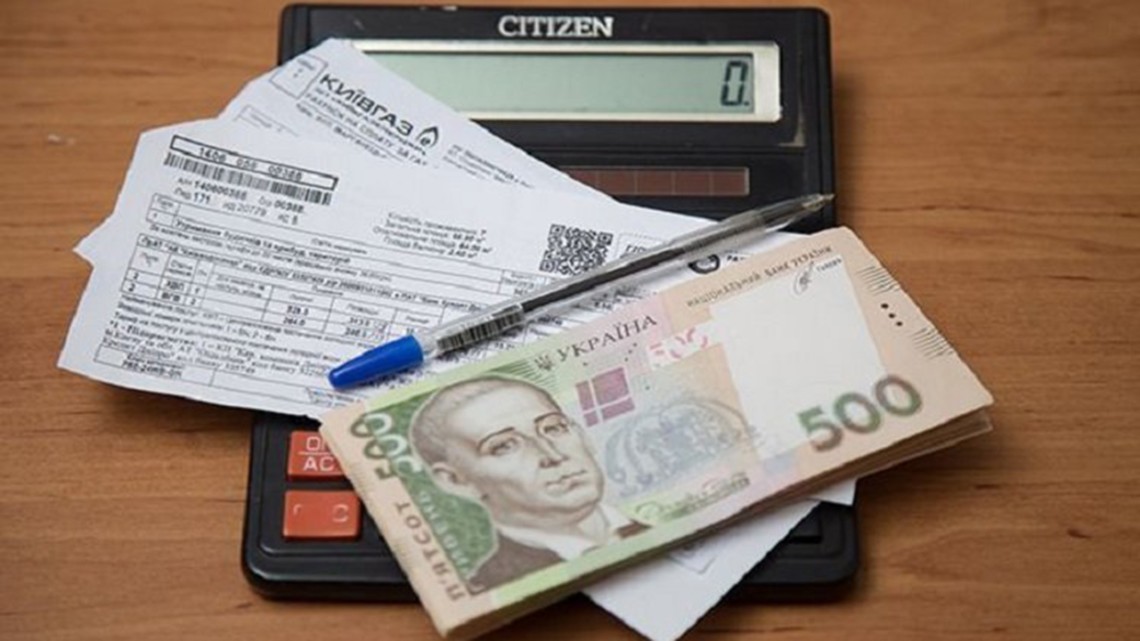I am Mariya Borevich, your personal lawyer. My primary goal is to help clients find optimal solutions to current legal issues, ensuring reliable protection of their interests. I specialize in family, civil, and military law, which allows me to effectively handle a variety of situations and cases. In family law, I provide support in resolving issues related to divorce, property division, establishing and challenging parental rights, alimony, and child custody. I understand that these matters are often emotionally complex, so I always strive to find the most delicate and fair solutions for all parties involved. In civil law, I assist in settling disputes related to contracts, property rights, compensation for damages, inheritance, and other issues concerning the protection of personal and property interests. Special attention is given to military law — supporting servicemen, protecting their rights and interests related to military service, social guarantees, and legal disputes. This area requires deep knowledge and understanding of the specifics of military service and the legislation regulating it.
Communal services are services provided by local authorities or communal enterprises to meet the needs of the population in the field of housing and communal services. This may include water supply, drainage, heating, electricity supply, cleaning of territories, management of multi-apartment buildings and other services related to the everyday needs of citizens.
Utility services can be provided both for a fee and free of charge in accordance with the legislation and conditions of local authorities. These services play an important role in ensuring a comfortable life and ensuring public welfare.
Debt collection for utility services is the process of fulfilling the subscriber's obligation to the provider of utility services to pay the debt for the services used, such as water supply, drainage, heating, electricity, and others.
This process can include various measures, such as sending special warnings or bills, negotiating a settlement of the debt, and taking legal action to enforce the debt through litigation. These measures may include seizure of the debtor's property, execution of earnings or withdrawal of funds from bank accounts.
Debt collection for utility services without a contract. If there is debt for utility services, but there is no signed contract between the subscriber and the provider of these services, the situation can be complicated. However, in many countries there are laws and regulations that regulate the rights and obligations of both providers and consumers of utility services, even in cases where there is no written contract.
In Ukraine, legislation provides for the possibility of debt collection for communal services even without a signed contract. Usually, providers have the right to bill for the actual services provided, and they can go to court or other authorities to collect the debt from the subscriber.
Claim for collection of debt for communal services. In order to file a claim for debt collection for utility services, the following steps must be taken:
Collect evidence: Collect all evidence of the debt, such as utility bills, utility contracts, letters or emails confirming the billing request to the service provider, and other relevant documents.
Consultation with a lawyer: If you do not have experience in such cases, it is recommended to contact a lawyer or an attorney for consultation and preparation of a statement of claim.
Drafting a statement of claim: Together with a lawyer or independently, draw up a statement of claim in which you specify all the necessary facts, evidence and requirements.
Filing a claim in court: File a claim with all the necessary documents in the appropriate court.
Consideration of the case by the court: After submitting the application, the case will be considered by the court. The parties are given the opportunity to present their evidence and arguments.
Judgment by the court: The court will issue a judgment based on the evidence and arguments presented.
Legal action for cancellation of debt for utility services. Debt cancellation for utility services can be a complex process and usually occurs in the following cases:
Negotiating with the service provider: You can try to negotiate with the service provider about payment in installments, a discount on the debt or other special terms to settle the debt.
Settlement with the court: If the debt has already been referred to the court, you can apply to the court to settle the debt, for example through installment payments or a discount on the amount of the debt.
Bankruptcy: In some cases, the debtor may consider filing for bankruptcy, which may result in the cancellation or reduction of the utility debt. However, this requires consultation with a lawyer and the appropriate procedure before the court.
Social programs: Some local governments or charities may provide utility debt assistance for people on low incomes or in difficult life circumstances.
Be prepared to collect evidence of your financial situation and seek advice from local authorities or legal services.





























